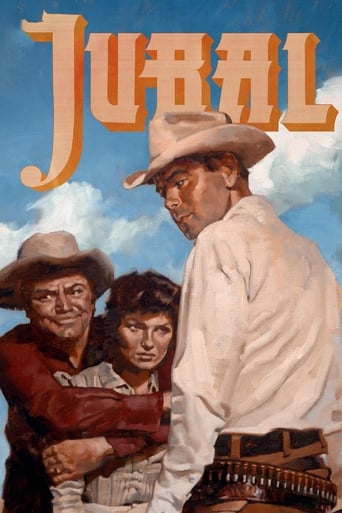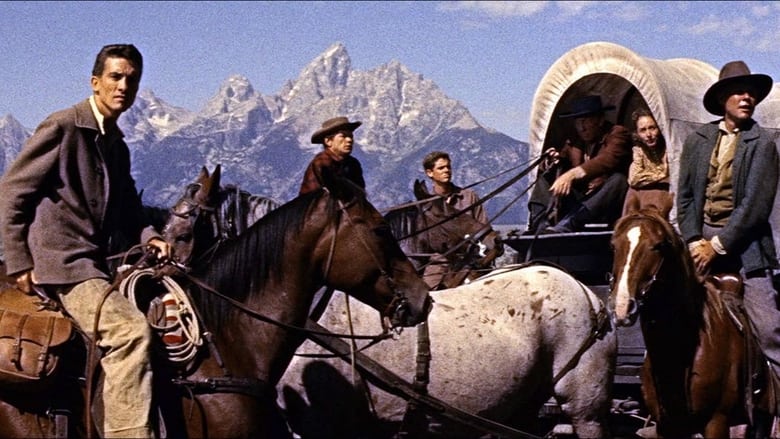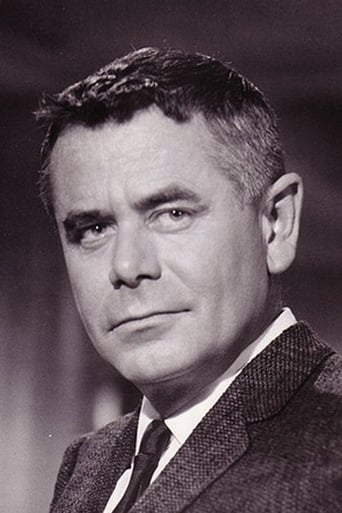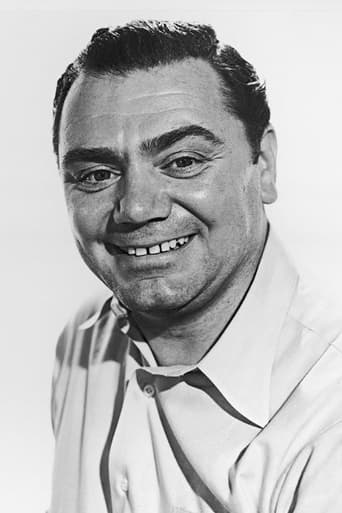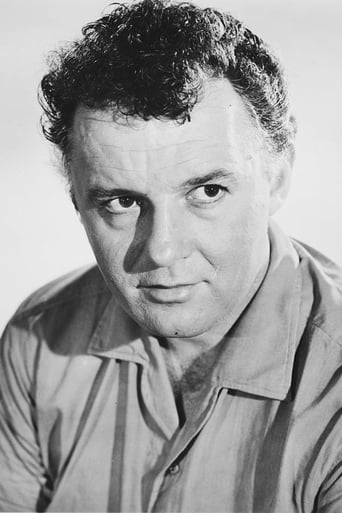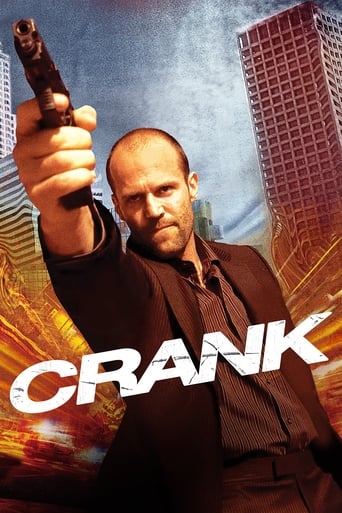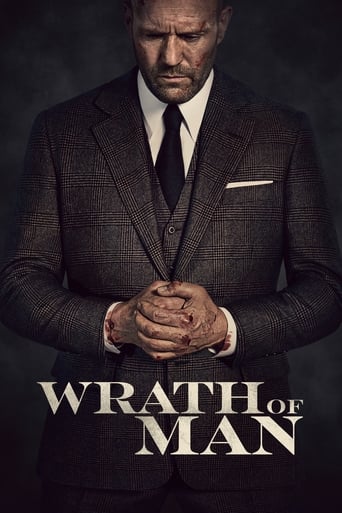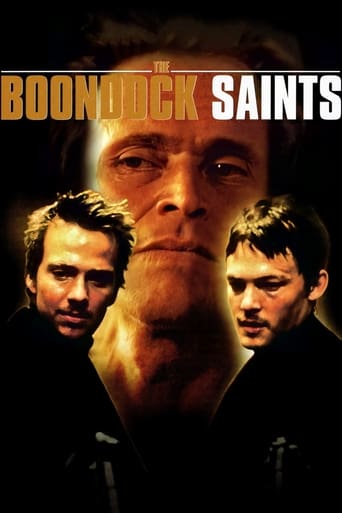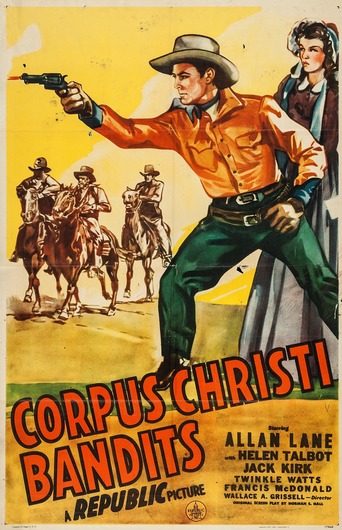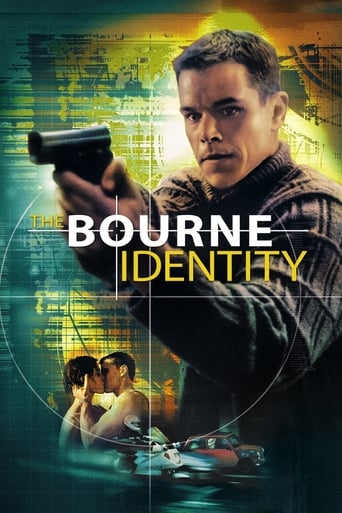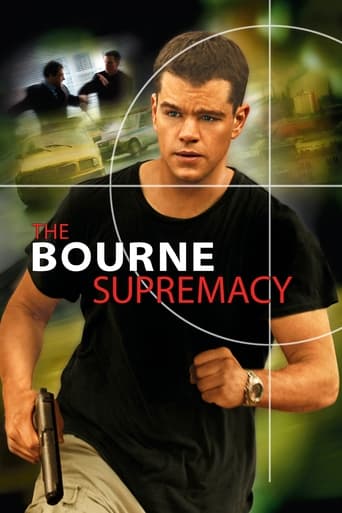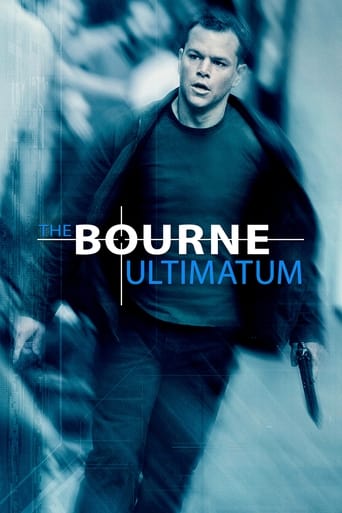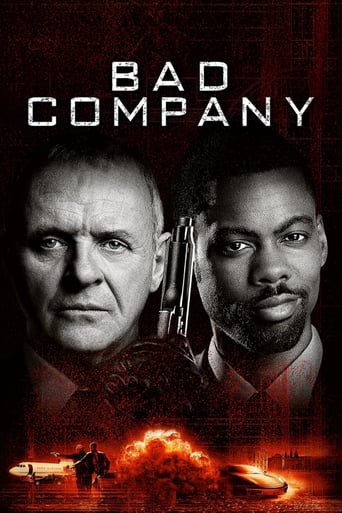Jubal (1956)
Jubal Troop is a cowboy who is found in a weakened condition, without a horse. He is given shelter at Shep Horgan's large ranch, where he quickly makes an enemy in foreman Pinky, a cattleman who accuses Jubal of carrying the smell of sheep.
Watch Trailer
Free Trial Channels
Cast


Similar titles
Reviews
Very well executed
A Disappointing Continuation
In other words,this film is a surreal ride.
A terrific literary drama and character piece that shows how the process of creating art can be seen differently by those doing it and those looking at it from the outside.
Narratively, this can be accurately described as Othello reset as a western had the Moore tried to kill Cassio himself and had Cassio killed him instead. But the similarities only point to the vast differences between these two works. Shakespeare's was a quasi-feudal outlook, in which psychology, however complex, was molded by absolute power relations and as such was fatally determining. Jubal is, like many films by writer/director Delmer Daves, a work of American transcendentalism. Individual psychology, no matter how complex, is but a passing stage towards a higher, more universal, human nature. And that nature is essentially affirmational. Even this tale's Iago, destructive as he is, is not "led away" to die but abandoned by humanity, to reflect and learn to be better. Another important difference between Jubal and Othello is that everyone in this movie is white. There is not a single Black, Latino, or Native American character. Perhaps Daves and Emerson were lying to themselves, but they truly believed that western expansion was an embrace of, a submission to, Nature, rather than the further subjugation of the world to capital. The irony is that this "affirmational" vision offers less hope to the oppressed than does the bleak, ruthless one of Shakespeare. Power, which is to say social order, can always be overturned (though the Bard would not have acknowledged the full implications of this). The transcendental concept of nature, however seemingly benevolent, always implies an irrevocable oppression.
Stalwart thesping by a veteran cast and stunning mountain scenery cannot compensate for the predictable script in "Broken Arrow" director Delmar Daves' modest ranching epic "Jubal," with likable Glenn Ford cast as the eponymous character. The story is fairly basic material. A lone cowboy staggers out of the mountains and onto the trail, starved, on foot without a horse, and practically dead. The owner of a sprawling ranch picks him up and brings him onto his property. Good Samaritan rancher Shep (Ernest Borgnine of "Marty") is a genuinely pleasant fellow who takes the cowboy, Jubal Troop (Glenn Ford of "Texas"), in and gives him a job. Meanwhile, one of the ranch owner's hands, Pinky (Rod Steiger of "On the Waterfront") doesn't like Shep's charitable gesture of kindness. He doesn't like it for another reason. Shep's beautiful wife Mae (Valerie French) is a no-good spouse who lusts after Jubal behind her husband's ignorant back. Pinky knows better, too, and does his best to aggravate a potentially nasty predicament. While Shep is hopelessly gracious to his men, overlooking Pinky's antagonism to Jubal, he is a complete fool where women are concerned and doesn't see what his faithless wife is doing to him. Pinky's wrath toward Jubal mounts when Shep gives him the rank of foreman. Meanwhile, some Christian settlers venture across Shep's land and Pinky leads an army of Shep's cowhands and other ranch hands from different ranches to drive these harmless folks out. Jubal intervenes on behalf of the settlers. Predictably, Pinky rides back to the ranch and warns Shep about Jubal's treachery. Initially, Pinky didn't like Jubal because he smelled sheep on him."Jubal" was one of those 'adult-themed' westerns that Hollywood made in the 1950s. The lady of the ranch throws herself at the hero, but he isn't having anything to do with her because he likes her husband. Unfortunately, Daves and scenarist Russell Hughes refrain from developing the roles into three dimensional characters. In other words, nobody changes over time. Every character remains steadfastly the same. Pinky epitomizes evil incarnate when he is not given his way. At one point, Pinky and Jubal opens fire their weapons on each other. As the only lady in this horse opera, Mae doesn't change an iota either. Eventually, Pinky convinces Shep that Jubal and Mae are having an affair under his nose and Shep calls an unarmed Jubal out. The ending leaves something to your imagination with regard to Pinky's comeuppance. Jack Elam and Noah Beery, Jr., co-star.
When I first saw Rod Steiger, in the role of 'Pinky' and heard his negative comments about the half dead man(Jubal) that boss Shep had brought home, I knew he had the be the main 'heavy'. I distinctly remember him as the tough that Curly(Gordon McRae) had to deal with in the previous years megahit "Oklahoma". He subsequently played other toughs, including Al Capone and Mussolini. This is a story about a group of men and women who serendipitously come together, most of whom feel lonely or in the wrong place or hitched to the wrong person, and are trying to find the right place and/or person for them. It's ultimately, an adaptation of Shakespeare's classic tragedy "Othello" which was reworked by novelist Paul Wellman, back in the '30s, in a western setting, in "Jubal Troop". Wellman wrote quite a few western novels, as well as histories, including "The Comancheros", later made into a John Wayne-starring film.We have two clearcut villains among the 6 :Pinky: Shep's de facto, but unofficial, foreman before Jubal arrives, and Shep's much younger wife, Mae. This whole sorry tale was precipitated by the wrongheaded marriage of Mae and Shep: two desirable people on their own merits, but totally wrong for each other. Mae evidently was a much sought after Calgary woman(claiming 23 marriage proposals!), who finds life on this scenic, but isolated, ranch boring, evidently much missing city life, and other women, and disappointed that Step's ranch home isn't more luxurious and that he isn't as rich as he claimed. She's also not really in love with Shep, despite his friendly, easy going, manner, considering him too old and plain-looking for her taste in a lover. She clearly also misses the romantic attention of a bevy of men, thus has had a few sexual encounters with the aggressive Pinky, whom she clearly actually considers beneath her. In contrast, she takes an immediate liking to Jubal, perhaps in part because he acts standoffish toward her, and she sees that he's quite adept at cowboy skills. Shep, a middle-aged man, evidently regards Mae as mostly a 'trophy wife', rather than a potential mother of a ranch family(although that might change). He seems oblivious to her often cool response to his attempts to show affection in public, and has no clue about her escapades with Pinky nor interest in Jubal.Unfortunately, Pinky detects the desire of Mae for Jubal as the apparent explanation for her recent rebuffs of his advances when Shep isn't around. Thus, he plants in Shep's mind the suspicion that Mae and Jubal are having an affair. Very unfortunately for everyone, Mae confirms this suspicion, to spite Jubal for his rebuff of her advances, he says out of loyalty to his friend. Combined with Pinky's subsequent brutal beating of Mae for again resisting his advances, soon 3 of the 6 will be dead(well, Pinky's is only assumed).Meanwhile , Jubal has struck up a friendship with Naomi: a romantically naïve woman tied to a small group of a religious sect, traveling westward toward 'The Promised Land': apparently imagined somewhere in Idaho. Jubal and Naomi have an intuitive trust in each other, and give each other a brief rundown of their lives. Unfortunately, Naomi has been promised by her father to marry one of this group, whom she doesn't like. Thus, it seems her relationship with Jubal is destined to soon end. However..... Charles Bronson serves the plot primarily as Jubal's only real male friend , besides Shep, on this ranch. They were both loner drifting cowboys and, in the final scene, he rides into the sunset along with Jubal and Naoimi. Twice, he saves Jubal's life by throwing him a firearm: when Shep, and later Pinky, are about to shoot Jubal. Jubal outguns both.One of Shep's prize possessions is his player piano, which dates this story to the late 1800s, at earliest. He has Mae and Jubal dance to Foster's "Beautiful Dreamer", not aware of Mae's relevant dream.Naomi(Felicia Farr) is characterized as quite shy and minimally animated, in marked contrast to the older Mae. Both are good looking. Jubal seems to have had minimal dealings with women, perhaps partly because of his rejection by his mother. Hence, they will perhaps make a good match. Jubal probably was meant to be a considerably younger man than Ford's 40 years. In fact, Ford was slightly older than bug-eyed Borgnine(Shep), who was characterized as middle-aged.Shep is perhaps too quick to make up his mind about new acquaintances. He lucked out with Jubal, who could have turned out to be a bad man. But, he wasn't so lucky in his apparent snap decision on a wife. The ending is a tragedy for all the principals, except perhaps for Jubal and Naomi, who are shown riding onward to find a new 'Promised Land'. We might wonder what is going to become of Shep's ranch, now that he and Mae are dead? Why didn't Jubal stay to keep the ranch going until its future owner or disposition was decided? Perhaps he didn't want to be reminded of the recent tragedies. Perhaps more important, Naomi needed to lose her association with the group she was in, in order to marry Jubal,. In any case, it seems tragic that they decided they had to flee this very favorable place for a ranch. I've only seen a few Glenn Ford westerns. I rate "Cowboy" as better than this too contrived screen play. However, the cinematography in both is excellent.
Skip it – This is a heart-warming western, but the plot has been recycled so often that you've probably seen it a dozen times. A mysterious man joins up with a ranch and impresses everyone with his cowboy skills. He quickly works his way up the ranks and wins the trust of the boss. But the man who wants to be foreman gets jealous and tries to turn the boss against him. That's it in a nutshell. This western does feature a great cast including Glenn Ford, Ernest Borgnine, Charles Bronson, and Rod Steiger. But if a plot is unoriginal, you need more than a great cast. You need action - and on that front, this movie does not deliver. There's only one significant gunfight to speak of. Most of the movie feels like a soap opera.

